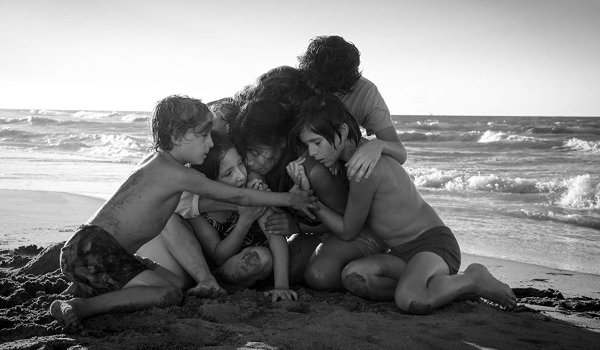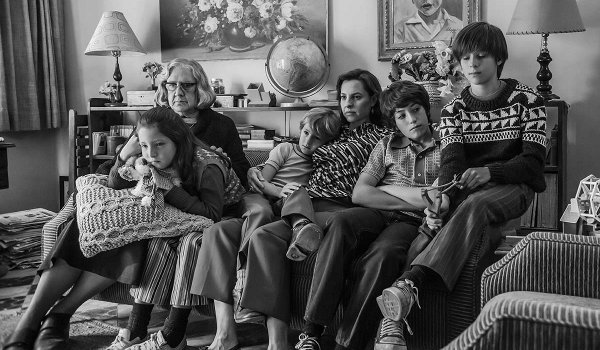- Title: Roma
- IMDb: link

 Written, produced, and directed by Alfonso Cuarón, Roma is a semi-autobiographical film centered around the maid (Yalitza Aparicio) of family in Mexico City during the 1970s. With complete control of the film, Cuarón takes his time with the story as it unfolds slowly over the course of more than two-hours. This proves to be Roma‘s strength and curse.
Written, produced, and directed by Alfonso Cuarón, Roma is a semi-autobiographical film centered around the maid (Yalitza Aparicio) of family in Mexico City during the 1970s. With complete control of the film, Cuarón takes his time with the story as it unfolds slowly over the course of more than two-hours. This proves to be Roma‘s strength and curse.
While beautiful to look at, the glacial pace of the story borders on tedious at times (making one wonder if it is worth sticking around to the end). Then, in its final half-hour, Roma delivers like no other film this year. So, how to judge it becomes the question?
Let’s start with the look of the film, the intimacy of the family’s dwelling, and the long sweeping shots of the city. The sole credited cinematographer, Cuarón makes sure his vision is captured on film. And without doubt, Roma if a visual feast. On top of this is Aparicio’s grounded performance as Cleo who acts as the heart of the film. Available on Netflix, the plodding pace may deter some viewers who can switch the channel, but Roma does provide gifts that are worth waiting for.
Sofia (Marina de Tavira), the mother of the family who employ Cleo, provides an interesting additional character who is forced into the role as the head of the family with her often-absent husband (Fernando Grediaga) away from home most of the time. This, and events in Cleo’s own life involving her relationship with a militant youth (Jorge Antonio Guerrero), also bring her closer into the family. And the theme of family is strong here as Roma follows the ups and downs of Cleo’s life while the struggles of the family she works for play out in the background as well. Although I think one could easily condense the drawn-out plot of the first 90 minutes into something under half that time, Roma is still worth seeing (even if you have to fast-forward a little).



